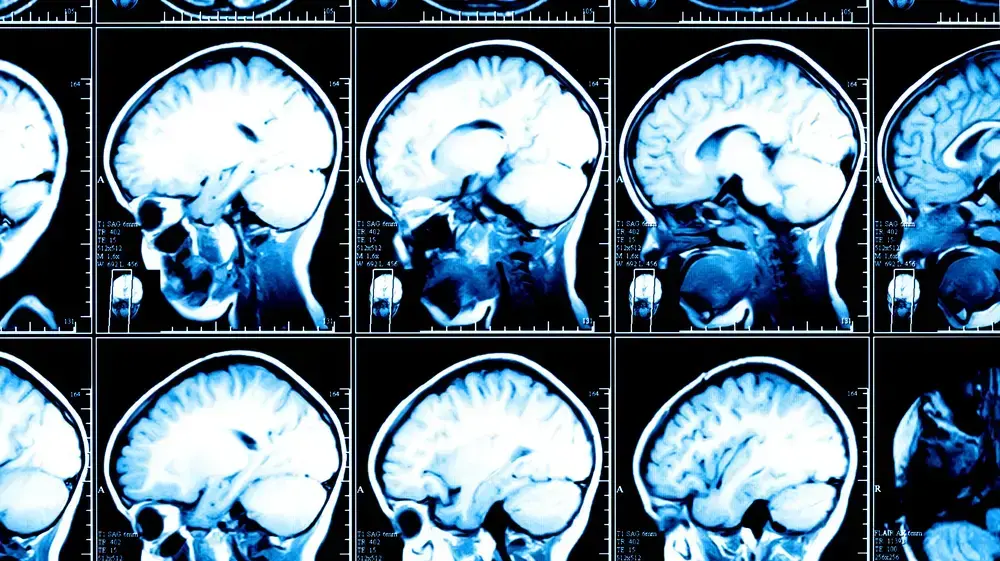Petri dish with bacteria/ShutterStock
A 20-year-old man died this weekend at the Hadassah Ein Kerem Hospital in Jerusalem, after contracting a virulent bacteria.
The young man was rushed to the medical center suffering from symptoms of bacterial meningitis, and the emergency team began a quick and thorough examination even before receiving the results.
The medical team began to treat the 20-year-old immediately and intensively with treatment suitable for the condition of bacterial meningitis.
However, in light of rapid deterioration and damage to all body systems, and despite efforts to stabilize his condition, the young man's body systems collapsed and the team had to determine his death.
"It is a relatively rare disease that is not common, and an aggressive bacteria that spreads quickly and severely attacks the body's systems," the hospital spokeswoman said.
High mortality rates
Until 1990, the bacterium Haemophilus influenzae B (Hib) was the leading cause of bacterial meningitis in children, but new vaccines given to all children have reduced the incidence of this disease.
Today, a bacterium called pneumococcus (pneumococcus) and the bacterium Neisseria meningitis (meningitis and Neisseria) are the most common causes of bacterial meningitis.
Many children and adults routinely carry the Nesaria meningitis bacteria in their noses and throats without any signs of illness, and it is not known why some children and adults carry the bacteria without developing symptoms while others contract the disease
. The death rates from the bacteria are very high, because it quickly affects those affected by it, especially when In people with a weaker immune system, adults or babies.
Within a few hours the bacterium spreads and causes blood infection, meningitis or both.
The bacterium is spread between people by droplets of saliva and secretions from the respiratory tract (nose and throat), and symptoms can appear between one and ten days after exposure, but usually occur within less than four days.
A sick person can spread the disease from the moment he is infected until the point in time when the bacteria is no longer present in secretions from the nose and throat.
Woman holding a thermometer/ShutterStock
What are the signs of meningitis?
high temperature
A rash that does not go away when the skin is pressed
Strong headache accompanied by stiffness in the back of the neck
Nausea and vomiting
Convulsions
Lack of reactivity and sleepiness
discomfort when looking at light (photophobia)
In babies, the classic symptoms do not always appear, and the only manifestation can be a sunken, sleepy, nervous and less active baby.
How is it diagnosed and treated?
To check if it is bacterial meningitis, a lumbar puncture should be performed.
During the test, a fine needle is inserted between the vertebrae of the lower back, through which a few drops of the spinal fluid are taken and sent for testing, and thus it is revealed whether it is meningitis, and whether it is viral or bacterial.
Bacterial meningitis requires hospitalization and rapid treatment with intravenous antibiotics.
In Israel there is a vaccine against the Haemophilus influenzae bacterium included in the "quintet vaccine" which is part of the childhood vaccination routine.
The vaccine is given at the age of two months, at the age of 4 months, at the age of 6 months and at the age of one year.
Since the disease only appears in infancy, the vaccine is routinely given only to children and is given in special situations to adults who need it.
Since the other bacteria are not particularly common in Israel, they are not included in the vaccination routine and are given only in special situations: to those who suffer from immunosuppression, to those who have had a splenectomy and to those who are about to travel to areas where the disease caused by the four strains included in the vaccine is widespread.
The vaccine is also given to recruits for the IDF.
More on the same topic:
meningitis
Violent bacteria
brain
Headache
Heat

